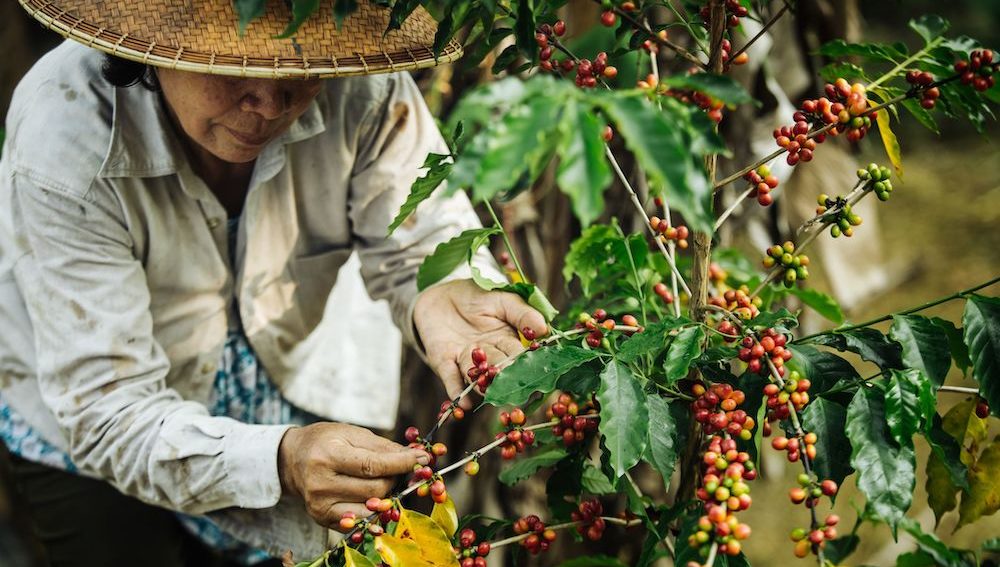While parts of Southeast Asia have experienced rapid economic growth, millions of people have been left behind. These are often the rural poor, particularly women and ethnic minorities, who produce much of the region’s food in remote and marginally productive landscapes affected by environmental degradation, land conflict and climate change. Evidence indicates that agroforestry can play an important role in resolving many of these challenges in favour of rural poor, especially women.
The SIANI Mekong Expert Group on Agroforestry for Food and Nutrition Security, Sustainable Agriculture and Land Restoration convened and informed governments, civil society, private sector actors and researchers in Southeast Asia and Sweden about the importance of agroforestry for nutrition and food security for women and the rural poor and how to develop agroforestry to improve sustainable agriculture, mitigate climate change management and restore land.
This work contributed to the Association of Southeast Asian Nations’ (ASEAN) Guidelines for Agroforestry Development, amongst the first set of principles to guide practices throughout the entire region.
“The support of SIANI contributed greatly to the Guidelines. It enabled different people representing key organizations to get together, provide critical guiding input and really help along the whole process.” said Robert Frederick Finlayson, Senior Strategic Communications and Liasion at ICRAF.
The Guidelines were endorsed in October 2018 and some member states, like Cambodia and Myanmar, have already begun working on their implementation. In parallel developments inspired by the wider discussion about agroforestry, Viet Nam has established a national working group on agroforestry and The Philippines has called for a national agroforestry policy or similar guiding document. The network of the Expert Group has also contributed to the establishment of a technical cooperation program between FAO and ASEAN, currently working to scale up the guidelines throughout the region. To support the implementation of the guidelines a regional training manual on agroforestry for climate-resilient landscapes has been developed, with the aim to train future extensionists and practitioners working on agroforestry.
If Cambodia, Indonesia, Myanmar, Philippines, Thailand and Vietnam reach the targets they have set, the total forest area managed by local communities will exceed 20 million hectares by 2030. The benefits of such an increase extend far beyond meeting basic community needs. Social forestry has contributed to reducing levels of deforestation and illegal activities while increasing people’s resilience to climate change and improving livelihoods. Social forestry has reduced the cost for ASEAN Member States of achieving targets for climate-change mitigation and adaptation and the Sustainable Development Goals.
”The Expert Group’s contribution was the key participatory process with input from many different areas. This created a very strong evidence-based authority and the Group was explicitly thanked in the Guideline’s acknowledgements.” said Mr. Finlayson.
